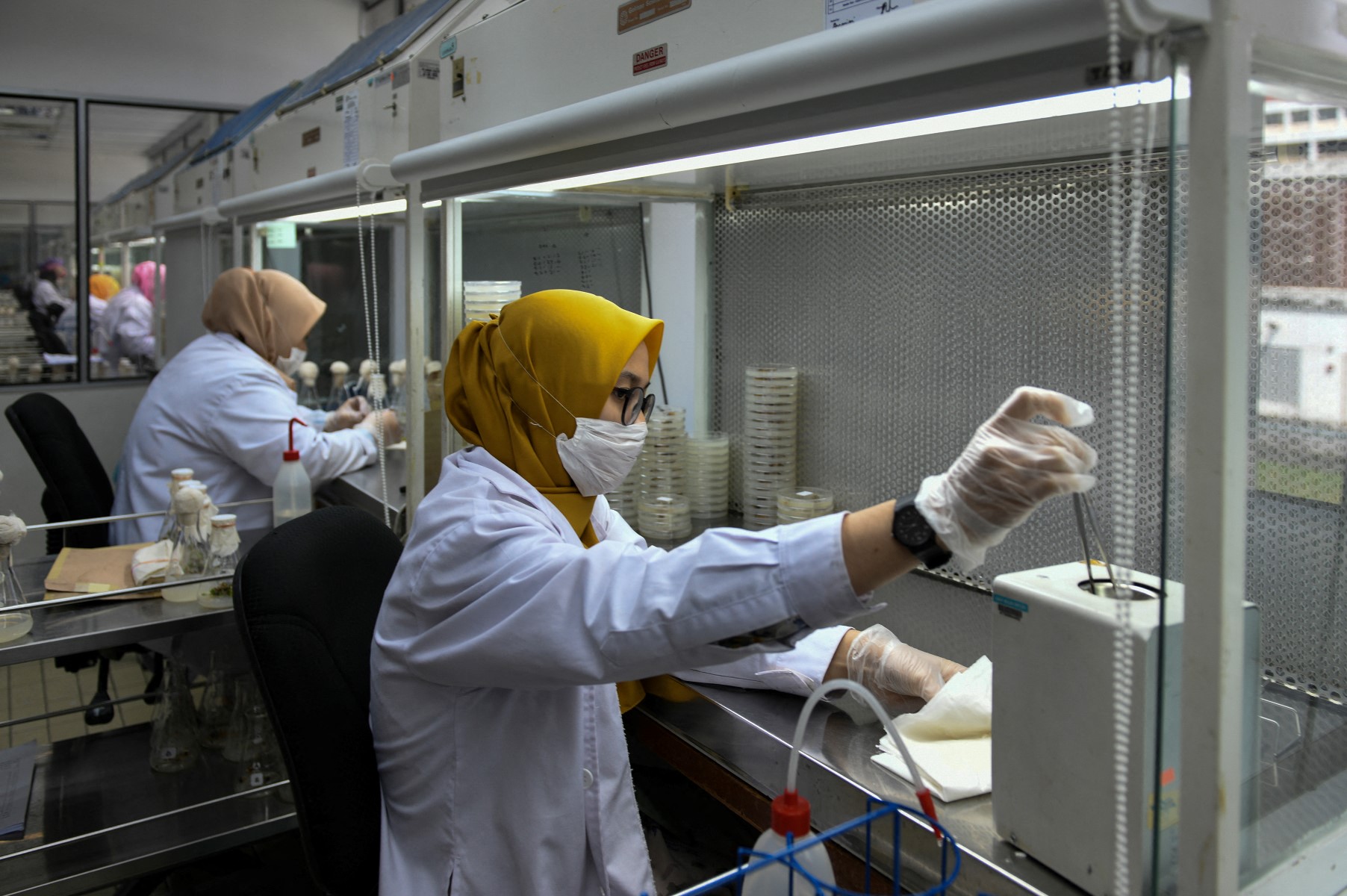Palm oil is an indispensable part of the Middle East and North Africa’s food and hospitality industries. From luxury hotel kitchens to spa treatments and guest amenities, palm oil continues to be an essential ingredient powering world-class guest experiences across the region.
As global trade becomes more interconnected, the ties between Malaysia and the Gulf countries are entering a strategic new phase. At the centre of this relationship lies Malaysian Palm Oil – Malaysia’s main agricultural produce and golden export. Its versatility, efficiency, and sustainable credentials make it a natural choice for hotels, resorts, and food service providers focused on ESG, food safety, and guest satisfaction.
Hotels and food service providers across the Gulf are increasingly seeking ingredients that meet health standards and sustainability criteria; making certified sustainable palm oil a strategic choice for their operations. As the demand for quality food and wellness experiences rises alongside tourism growth, this highly versatile oil remains the preferred choice for its functionality, health benefits, and cost efficiency.
Last year, Malaysian Palm Oil exports to the MENA region reached 2.65 million metric tons, reflecting a 102 percent increase over the past decade. A significant share of this demand is driven by the HORECA (Hotels, Restaurants, and Catering) sector, particularly in key markets like the Kingdom of Saudi Arabia and the UAE where palm oil is widely used for its high heat stability and cost-effectiveness across large-scale food preparation and service. Egypt, another major importer and consumer of palm oil, continues to play a key role in the region’s demand for Malaysian Palm Oil. In 2024, the country imported over 1.18 million tonnes of palm oil, with Malaysia contributing 33 percent of that volume. Palm oil accounts for nearly 56 percent of Egypt’s edible oils market, used widely in cooking, baked goods, and household products.
Palm oil is naturally free of harmful trans fats, making it a preferred alternative to partially hydrogenated oils. It is also one of the richest natural sources of Vitamin E antioxidants, particularly tocotrienols, which have been studied for their antioxidant and heart health benefits. This nutritional profile, combined with its functional cooking properties, makes it a smart and practical choice for health-conscious hospitality kitchens.
But its role doesn’t stop in the kitchen. Across the Gulf, palm oil is also used in spa products, in-room toiletries, and even biofuels for hotel operations, where sustainability matters just as much as performance.
Hotels are embracing this shift. Accor introduced more than 45 climate-friendly recipes across its UAE properties, with a strong emphasis on using sustainably sourced palm oil in its culinary offerings. Qatar’s Waldorf Astoria Lusail Doha uses certified sustainable amenities, while Raffles The Palm Dubai recycles used palm oil into biofuel, creating a full-circle sustainability model.
Aligning Trade with ESG in the Gulf Hospitality Sector
Sustainable palm oil supports the Gulf’s broader ESG goals, especially within tourism and hospitality. Countries like the UAE and the Kingdom of Saudi Arabia are embedding green standards into hotel operations as part of national visions for sustainable development. For example, Dubai’s Sustainable Tourism Stamp awarded to 153 hotels this year recognising commitment to sustainability.
Leading hotel groups are also rethinking their sourcing. Global brands like Marriott and Hilton are encouraging suppliers to move toward certified, sustainable options. Amenity providers such as Groupe GM now produce certified sustainable hotel products that are widely used across the region.
This shift sends a clear message to producers. With more than 86 percent of its plantations certified under the Malaysian Sustainable Palm Oil (MSPO) scheme, Malaysia is well-positioned to meet this growing demand for sustainable palm oil.
For the hospitality sector, sustainable palm oil is no longer just a supply chain consideration. It’s a matter of brand reputation, investor confidence, and guest expectations. As more hotels work to meet ESG benchmarks, Malaysian Palm Oil offers a certified, high-quality, and reliable solution that enhances operational sustainability without compromise.
Malaysia’s trade with the Gulf is rooted in mutual benefit. As the region’s hospitality sector grows, sustainable palm oil will remain a defining ingredient – not only in what guests consume but in how the industry operates and evolves toward a greener future.
(Belvinder Sron is the Chief Executive of Malaysian Palm Oil Council)







